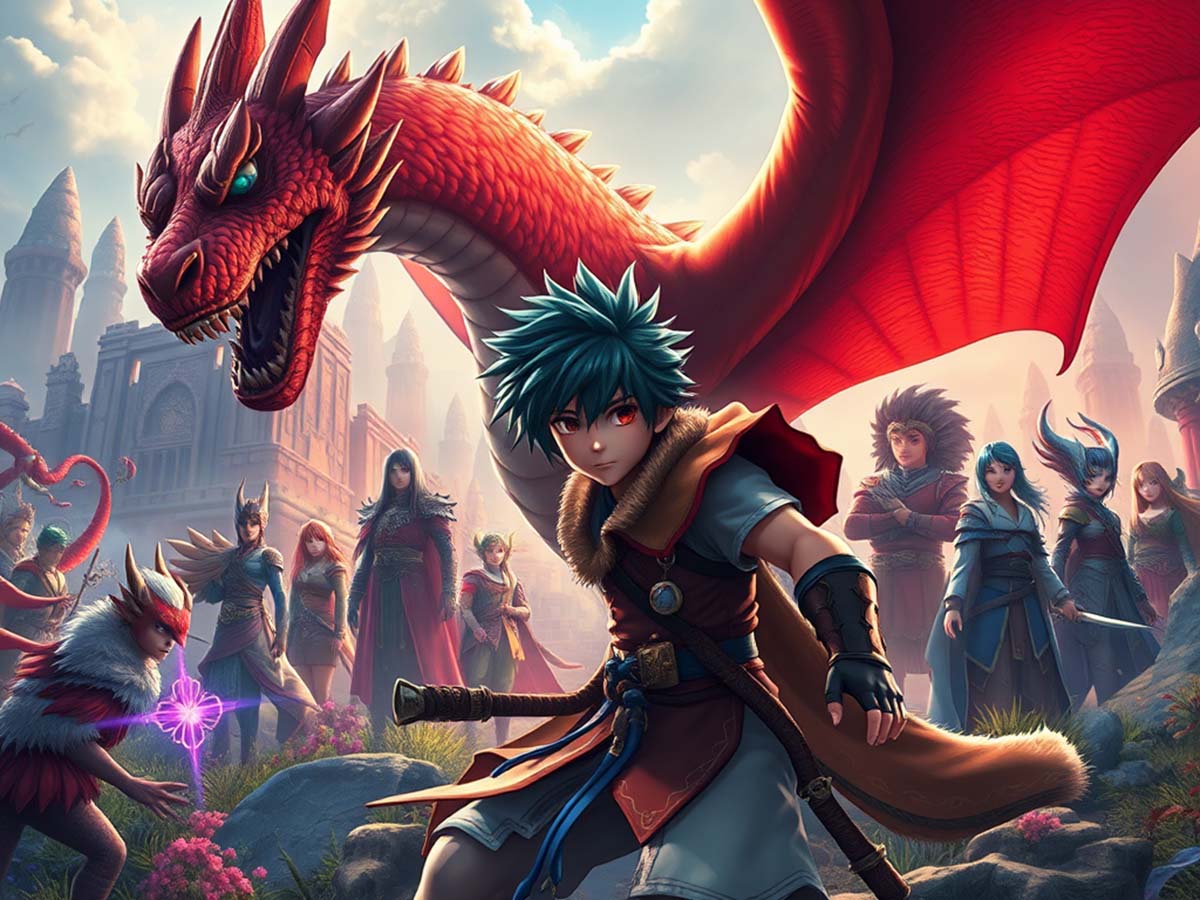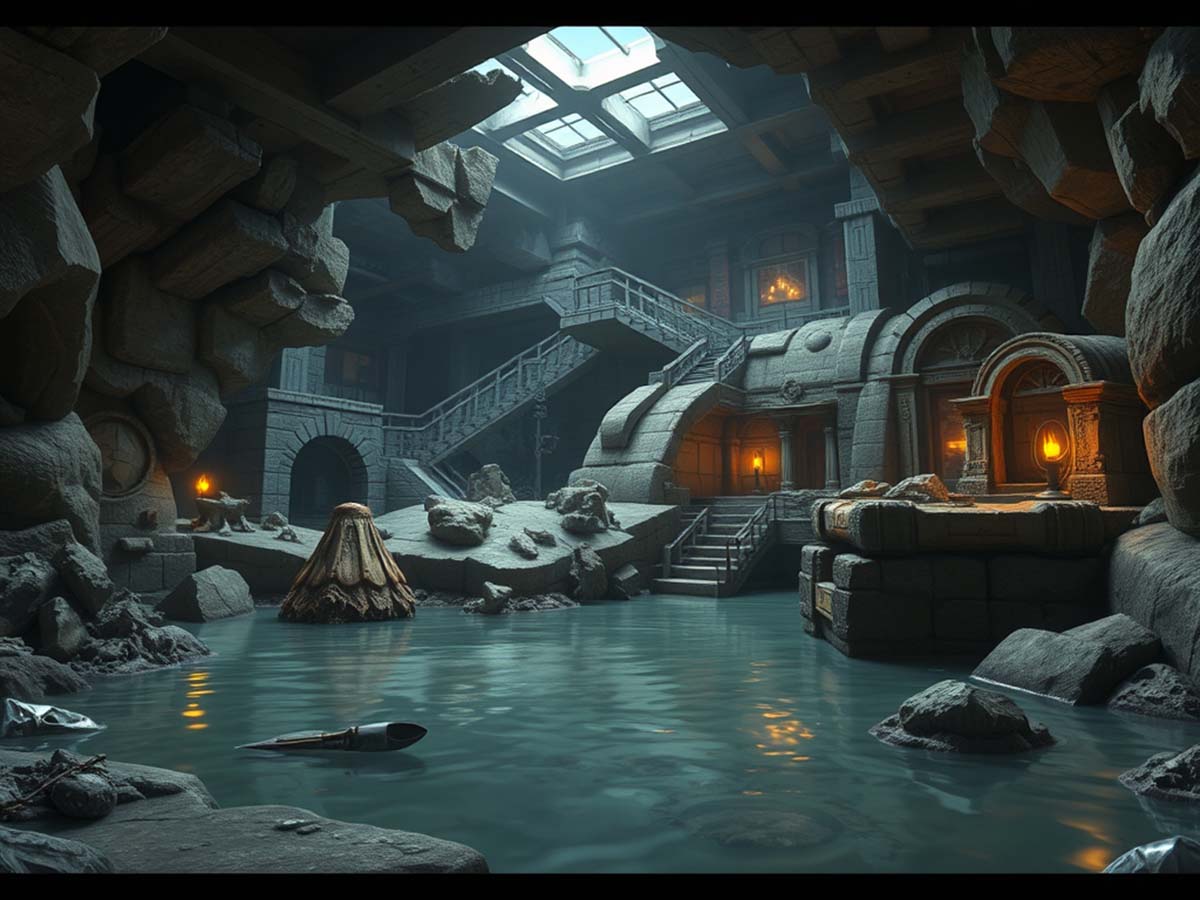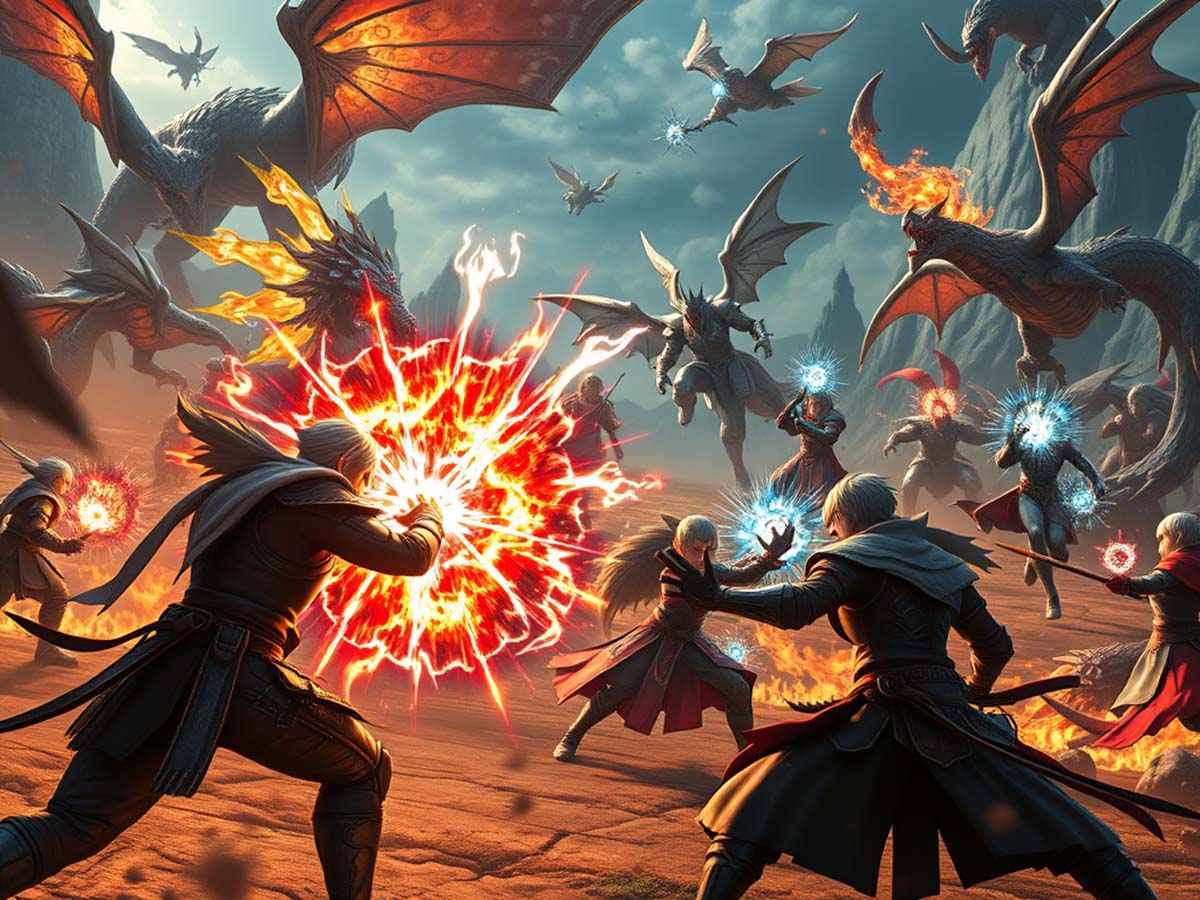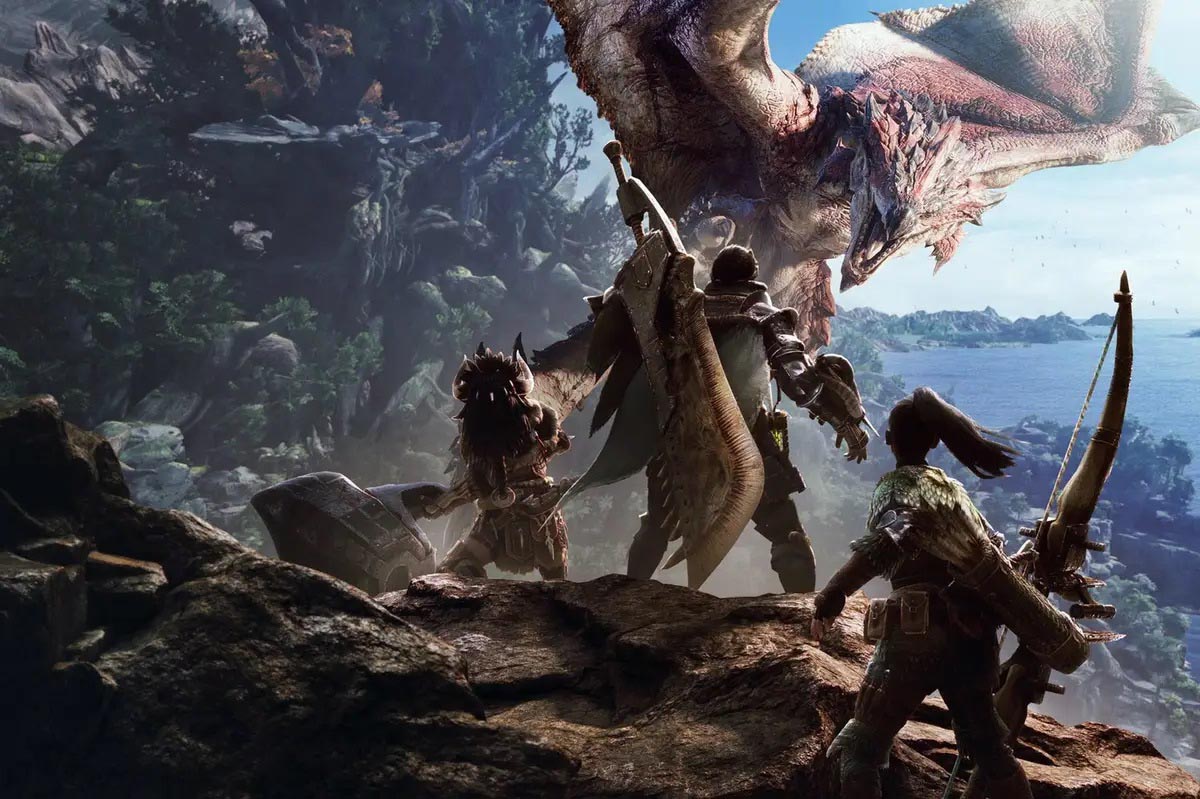A Classic Series That Deserves More Recognition
Role-playing games have played a huge part in shaping the gaming industry. While franchises like Final Fantasy and Dragon Quest became household names, some titles never received the same level of recognition. One such series is Breath of Fire, a once-prominent RPG franchise by Capcom.
Despite its deep storytelling, engaging gameplay, and unique transformations, it has faded from the spotlight. Many players today may not even know about its legacy. For long-time fans, however, Breath of Fire remains one of the most beloved yet underrated RPG series of all time.
The Rise of Breath of Fire
Capcom first introduced Breath of Fire in 1993 for the Super Nintendo Entertainment System (SNES). At the time, the company was best known for action-packed franchises like Street Fighter and Mega Man. Venturing into the RPG genre was a bold move, but it proved to be a success.
The first game followed a young warrior named Ryu, a descendant of a dragon clan with the ability to transform into powerful beasts. Alongside a cast of unique characters, he embarked on a quest to defeat an evil empire. This mix of fantasy, deep lore, and turn-based combat resonated with RPG fans, leading to multiple sequels.
Expanding the Series with Memorable Sequels
After the first game’s success, Capcom released Breath of Fire II in 1994. It refined the original’s mechanics and introduced a more emotionally driven narrative. The game explored themes of faith, corruption, and personal identity, making it one of the most memorable entries in the series.
The jump to the PlayStation era brought Breath of Fire III and Breath of Fire IV. These games elevated the franchise with improved visuals, expanded storytelling, and strategic combat. Fans praised Breath of Fire IV in particular for its dual protagonist system, allowing players to experience the story from different perspectives.
The Series Takes a New Direction
By the early 2000s, Capcom attempted to reinvent the franchise with Breath of Fire: Dragon Quarter for the PlayStation 2. This entry took a darker, more challenging approach, introducing survival mechanics and limited save points. While some appreciated its bold changes, others found it too different from previous titles.
Unfortunately, Dragon Quarter marked the last major entry in the series. After its release, Capcom shifted focus to other franchises, leaving Breath of Fire in limbo. The company later attempted a revival with Breath of Fire 6, a mobile and browser-based game, but it failed to capture the essence of the original titles.
What Made Breath of Fire Special?
Despite fading from the mainstream, Breath of Fire had qualities that set it apart from other RPGs. One of its standout features was the ability for the main character, Ryu, to transform into powerful dragons. This mechanic added a layer of strategy to battles, as players had to decide when to unleash these powerful forms.
A Strong Focus on Character Growth
Unlike many RPGs that focused solely on grand-scale adventures, Breath of Fire placed strong emphasis on personal struggles. Each game featured deep character development, showcasing the emotional growth of its heroes. Whether it was Nina’s loyalty, Rei’s redemption, or Fou-Lu’s tragic fate, the series excelled at making players feel connected to its cast.
A Unique Blend of Fantasy and Folklore
The world of Breath of Fire drew inspiration from mythology and folklore, blending traditional fantasy elements with original storytelling. This approach gave each entry a distinct atmosphere, filled with talking animal companions, shape-shifting dragons, and mystical deities.
Challenging Combat and Strategic Elements
Unlike some turn-based RPGs that relied on grinding, Breath of Fire games encouraged strategy. Features like the “Master System” in Breath of Fire III, which allowed players to learn skills from mentors, added depth to character progression. Breath of Fire IV expanded on this with its combo-based battle system, rewarding players for experimenting with different attack combinations.
Why Did Breath of Fire Disappear?
Several factors contributed to the decline of Breath of Fire. One major reason was Capcom’s shift toward more profitable franchises. As the gaming industry evolved, the company focused on titles like Resident Evil, Monster Hunter, and Devil May Cry, leaving their RPG series behind.
Another factor was the rise of modern RPGs that prioritized cinematic storytelling and open-world exploration. Compared to blockbuster titles like Final Fantasy and The Elder Scrolls, the traditional structure of Breath of Fire may have felt outdated to newer audiences.
The decline of turn-based RPGs in mainstream gaming also played a role. While they remained popular among dedicated fans, many developers moved towards action-oriented combat systems, making it harder for classic turn-based franchises to compete.
Can Breath of Fire Make a Comeback?
Many classic RPGs have made successful returns in recent years. Games like Octopath Traveler and the remakes of Final Fantasy VII and Live A Live have shown that there is still demand for traditional RPG experiences. Given the nostalgia surrounding older franchises, there is potential for Breath of Fire to return.
A remake or remaster of the original games could introduce the series to a new generation of players. With modern graphics and updated mechanics, the franchise could regain its place among RPG greats. Fans have long hoped for Capcom to acknowledge the series again, and with the right approach, a revival could be possible.
A Series That Deserves More Recognition
Breath of Fire may not be as widely known as some RPG franchises, but its impact on the genre is undeniable. Its rich storytelling, memorable characters, and unique gameplay elements made it a standout series during its time. Even though it has been absent from the spotlight for years, the legacy of Breath of Fire continues to live on through its dedicated fanbase.
For those who have never experienced it, the older games are still worth playing today. Whether through classic cartridges, re-releases, or emulation, they offer a look at a time when RPGs thrived on deep narratives and strategic gameplay. As the gaming industry continues to revisit its past, there’s always hope that Breath of Fire will one day receive the revival it deserves.



